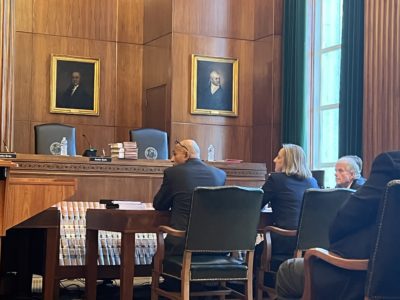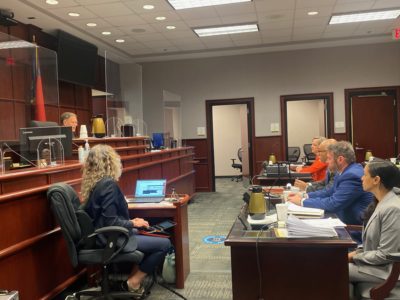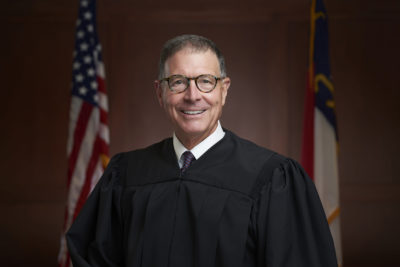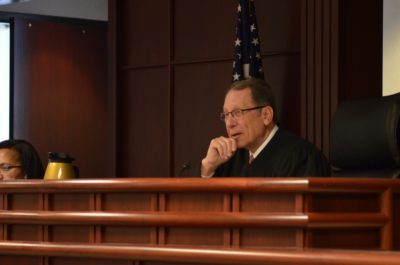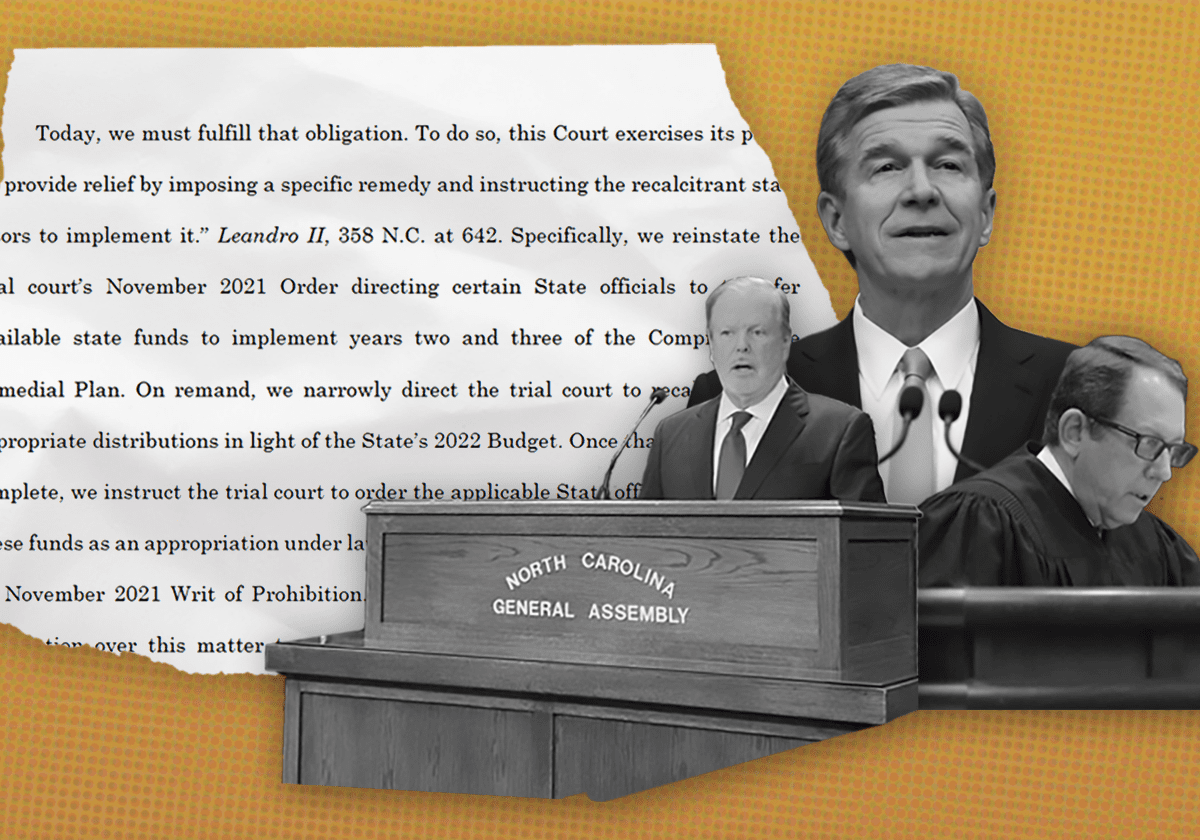

Share this story
- On Friday, the N.C. Supreme Court issued its much-anticipated decision in the Leandro school funding case, just four days ahead of the midterm elections on Nov. 8. Here are highlights from the majority opinion. #nced
- “For twenty-five years, the judiciary has deferred to the executive and legislative branches to implement a comprehensive solution to this ongoing constitutional violation. Today, that deference expires,” the Court wrote. #nced
|
|
On Friday, the N.C. Supreme Court issued its much-anticipated decision in the Leandro school funding case, just four days ahead of the midterm elections on Nov. 8.
The Court remanded the case back to the trial court to determine how much money the state must transfer in light of the most recent budget bill passed by the General Assembly.
In a 4-3 decision, the majority opinion was written by Justice Robin Hudson and joined by Justices Anita Earls, Samuel Ervin IV, and Michael Morgan, and the dissenting opinion was written by Philip Berger, Jr., and joined by Chief Justice Paul Newby and Justice Tamara Barringer.
Here are some excerpts from the opinions to answer questions you may have.
What did the court hold?
“[F]ar too many North Carolina schoolchildren, especially those historically marginalized, are not afforded their constitutional right to the opportunity to a sound basic education. … [T]he State has proven — for an entire generation — either unable or unwilling to fulfill its constitutional duty.”
The opinion continues:
“Our Constitution is the supreme law of the land; it is not optional. …
… For twenty-five years, the judiciary has deferred to the executive and legislative branches to implement a comprehensive solution to this ongoing constitutional violation. Today, that deference expires. …
… Further deference on our part would constitute complicity in the violation, which this Court cannot accept. Indeed, ultimately ‘[i]t is the state judiciary that has the responsibility to protect the state constitutional rights of the citizens.’”
What happens next in court?
“We remand the case to the trial court for the narrow purpose of recalculating the amount of funds to be transferred in light of the State’s 2022 Budget. Once those calculations have been made, we instruct the trial court to order those State officials to transfer those funds to the specified State agencies.”
What is the ongoing role of the court?
“[W]e instruct the trial court to retain jurisdiction over the parties to monitor State compliance with this order. In so doing, we uphold our own obligation to safeguard the constitutional rights of North Carolina’s schoolchildren while still allowing for our coequal branches to correct course in the years to come.”
The court went on to say, “Until that mandate is fulfilled, the judiciary will stand ready to carry out its constitutional duties. We too comprise ‘the State,’ and we too must honor our constitutional obligations. While we recognize the primacy of the executive and legislative branches in creating and implementing our system of public education, we cannot and will not tolerate the ongoing violation of constitutional rights.”
The future of Leandro
“Given these remand instructions, this ruling will not be the final page in the Leandro litigation. Nevertheless, it is the sincere hope of this Court that it will serve as the start of a new chapter – one in which the parties lay down old divisions and distrust to forge a spirit of collaboration in good faith toward a common goal: constitutional compliance. The same recalcitrant approach would only yield the same inadequate outcomes. Instead, this Court calls upon the parties to imagine a future in which all North Carolina children receive the opportunity to a sound basic education, then honor their constitutional oaths by working together to make that future real.”
An open door to other plans
“[I]t is true that the (Comprehensive Remedial Plan) is by no means the only path toward constitutional compliance under Leandro. The executive and legislative branches are — and have been — granted broad deference in crafting a remedy on their own terms. However, as the trial court repeatedly observed, the CRP is currently the only remedial plan that the State has presented to the court in response to its January 2020, September 2020, and June 2021 Orders. Indeed, no party in this litigation, including Legislative Defendants, have presented any alternative remedial plan.”
The dissenting opinion
The dissenting opinion asserts the Court is taking “the astonishing step of proclaiming that ‘inherent authority’ permits the judiciary to ordain itself as super-legislators. This action is contrary to our system of government, destructive of separation of powers, and the very definition of tyranny as understood by our Founding Fathers.”
Read more about the history of the Leandro case here.



